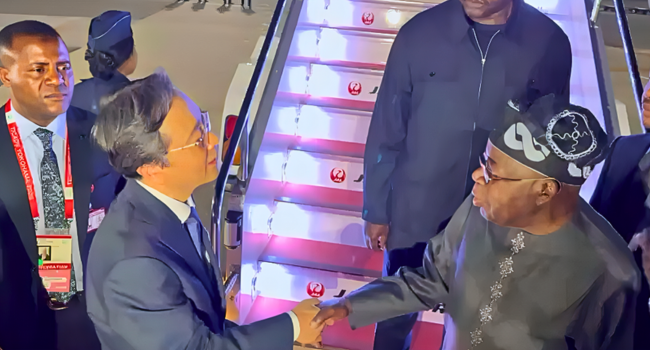Japan Designates Kisarazu as Official “Hometown” for Nigerians with New Visa Scheme

In a significant move to deepen cultural and economic ties, the Japanese government has officially designated Kisarazu City in Chiba Prefecture as the designated “hometown” for Nigerians.
The announcement was made at the 9th Tokyo International Conference on African Development (TICAD9), alongside the unveiling of a special visa category aimed at welcoming both highly skilled Nigerians and artisans or blue-collar workers interested in upskilling. This initiative is part of a broader effort to encourage two-way exchanges and regional revitalization.
What You Should Know About Kisarazu’s Role
Location & Connectivity: Kisarazu is a coastal city approximately 70 km from Tokyo, linked by the Tokyo Bay Aqua-Line—a 23.7 km bridge-and-tunnel route that makes access to the capital fast and convenient.
Historical Ties with Nigeria: The city hosted the Nigerian Olympic team during the 2020 Tokyo Games for pre-games training and acclimatisation—a relationship now institutionalized through this “hometown” status.
Local Appeal & Lifestyle: Kisarazu offers a mix of industry—from steel and chemicals to retail via Mitsui Outlet Park—alongside traditional fishing, farming, cultural festivals, and cuisine. Its lower cost of living, quality schools, and safe environment make it family-friendly and attractive to new residents.
Educational & Healthcare Infrastructure: Institutions such as Seiwa University, Kisarazu National College of Technology, and Gyosei International School provide diverse learning options. Residents will also have access to high-standard healthcare through facilities like Kisarazu City Hospital.
Demographic Opportunity: For Japan, Kisarazu’s designation responds to challenges of an ageing population. For Nigerians, it opens a pathway for stable employment, education, cultural exchange, and integration into local communities.
Symbolic and Strategic Significance
At TICAD9, Japanese Prime Minister Shigeru Ishiba underscored the importance of mutual, locally driven development, announcing a $5.5 billion investment package for Africa. This “hometown” initiative, Ishiba highlighted, is emblematic of Japan’s commitment to co-creation—partnering with African nations on workforce mobilization, youth and women empowerment, and regional connectivity.





